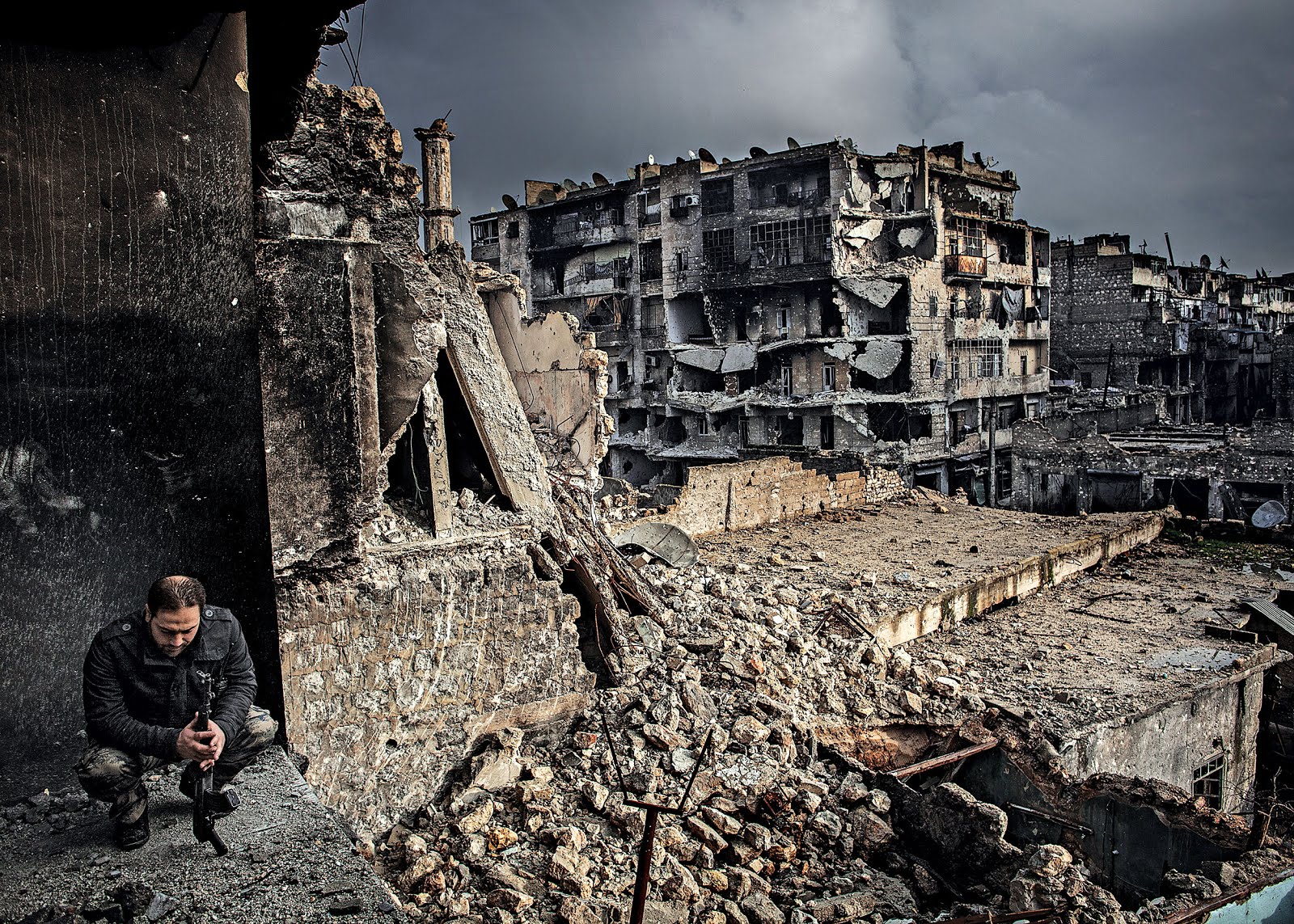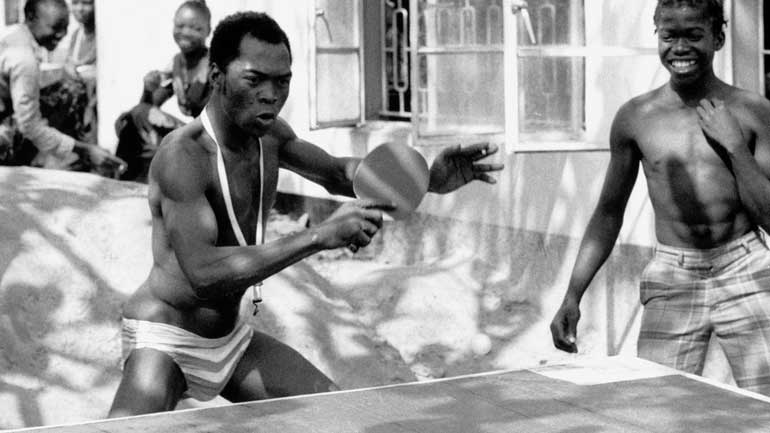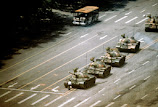Birinci Halka
“Neysem O’yum”
“Neysem o’yum.” Pazarlamacılığın dünyaya en son sunduğu şey bu,
reklamcılığın gelişimindeki son aşama, bütün farklı olma tavsiyelerinin,
“kendin ol”ların ve “Pepsi iç”le-rin çok ötesinde bir söylem. Şu an
bulunduğumuz yere gelmemiz, ben=ben’in katıksız totolojisine
ulaşmamız için kafa yoruldu yıllar boyu. Adam jimnastik salonunda
aynanın karşısına geçmiş koşu bandının üzerinde yürüyor. Kadın akıllı
arabasının direksiyonuna geçmiş işten dönüyor. Acaba yolları kesişecek mi?
“Neysem oyum.” Bedenim bana ait. Ben benim, sen de sen ama yanlış
giden bir şeyler var. Kitlesel kişiselleşme. Bütün koşulların bireyselleşmesi:
hayatın, işin ve de sefaletin. Yaygın şizofreni. Azmış depresyon.
Ufacık paranoyak parçalar halinde atomlaşma. Temasın histeriye
yol açması. Kendim olmak istedikçe daha büyük bir boşluk
hissediyorum. Kendimi ifade ettikçe içim daha da boşalıyor. Kendi
peşimden koştukça daha da yorgun düşüyorum. Kendi’mize sıkıcı bir
gişe filmi muamelesi yapıyoruz. Tuhaf bir alışverişte kendi kendimizin
temsilcisine, neticede bir uzvumuz kesilmiş hissi veren bir kişiselleştirmenin
kefillerine dönüşmüşüz. Az çok gizli bir beceriksizlikle iflas
noktasına varıncaya dek kendimizi sağlama alıyoruz.
Bu arada, idare ediyorum. Bir ben, benim bloğum, benim dairem
arayışı, en son moda çer çöp, ilişki dramları, kim kimi sikiyor... “Ben”e
tutunmak artık hangi protezleri gerektiriyorsa! Eğer “toplum” bu kadar
soyutlamadan ibaret hale gelmesiydi, görünmeye devam etmemi
sağlayan bir varoluşsal koltuk değnekleri, kimliğimin bedeli olarak üstlendiğim
bağımlılıklar kümesi anlamına karşılık gelirdi. Engelliler
yarının örnek vatandaşlarıdır. Onları istismar eden derneklerin
engelliler için “asgari ücret” ödenmesini talep etmesi bir öngörüden
yoksun değil.
Sağda solda sürekli duyduğumuz “adam ol” buyruğu, bu toplumu
gerekli kılan hastalıklı durumun sürmesini sağlıyor. Güçlü ol emri, tam
da kendisini sürdüren bir zayıflık üretiyor. İşte bu yüzden her şey, hatta
çalışma ve aşk bile, iyileştirici bir nitelik taşıyormuş gibi görünüyor.
Bütün bu karşılıklı söylediğimiz “ne var ne yok?” lafları, birbirinin
ateşini ölçen hastalardan oluşmuş bir toplum olduğumuz izlenimini
veriyor. Toplumsallık artık duvarlardaki binlerce oyuktan ve
sığınılabilecek binlerce sığınaktan oluşan bir şey. Dışarıdaki sert
soğuktan daha iyi olduğu kesin. Isınma bahanesinden başka bir şey olmadığı
için her şeyin sahte olduğu bir yer. Hep birlikte sessizce
titreşmekle fazlaca meşgul olduğumuzdan hiçbir şeyin olmayacağı bir
yer. Yakın bir zamanda bu toplum, sadece hayali bir iyileşme uğruna
çaba sarf eden tüm sosyal atomlarının gerginliğiyle bir arada tutulabilecek.
Akmayan gözyaşlarının devasa barajı sayesinde türbinleri
çalıştıran, her daim taşma eşiğinde bir elektrik santrali bu toplum.
“NEYSEM O’YUM.” Tahakkümün bundan daha ma-sum tınılı bir
sloganı olmamıştı hiç. Benliğin daimi bir bozulma halinde, kronik bir
çökmek-üzerelik halinde tu- tulması, günümüzdeki düzenin en iyi
korunan sırrıdır. Za-yıf, morali bozuk, kabahati kendinde arayan, sanal
benlik, üretimdeki hiç bitmeyen yeniliklerin, hızla modası geçen teknolojilerin,
sürekli altüst olan toplumsal normların ve genelleşmiş esnekliğin
temelde gereksinim duyduğu sonsuz uyum sağlama
yeteneğine sahip olan öznedir. O aynı zamanda doymak bilmez bir
tüketicidir ve çelişkiye bakın ki asli larva haline dönebilmek amacıyla
en kıytırık “proje”le-re azim ve istekle kendisini dahil eden, ama sonra
asli larva haline dönen “en üretken ben” de O’dur.
O halde NEYİM BEN? Çocukluğundan beri sütün, kokuların,
öykülerin, seslerin, duyguların, tekerlemelerin, cisimlerin, işaretlerin,
fikirlerin, izlenimlerin, bakışların, şar- kıların ve yiyeceklerin meydana
getirdiği akışla iç içeyim. BEN neyim? Mekâna, çilelere, atalarıma,
arkadaşlarıma, sevdiklerime, olaylara, dillere, anılara, kesinlikle “ben
olmayan” her şeye her yönden bağlıyım. Beni dünyaya bağlayan her
şey, beni ben yapan bağlantılar, beni meydana getiren unsurlar bana bir
kimlik, çıkarılıp gösterilecek bir şey vermezler; belli zaman ve yerlerde
“BEN” diyen varlığı doğuran tekil, ortak, yaşayan bir varoluş verirler
bana. Uyumsuzluk duygusu benliğin sürekliliğine duyduğumuz aptalca
inancın ve bizi biz yapan şeylere yeterli özeni göstermememizin basit
bir sonucudur.
Reebok’ın, Şanghay’daki bir gökdelenin tepesine kondurulmuş
“NEYSEM O’YUM” sloganını görmek insanın başını döndürüyor.
Batı her yere en sık başvurduğu Truva atını yerleştiriyor: benlik ile
dünya, birey ile grup, bağlılık ile özgürlük arasındaki çıldırtan çelişki.
Özgürlük, bağlarımızı koparma durumu değil, bağlarımız üzerinde
değişiklikler yapmak yönündeki pratik kapasitemizdir. Aile yalnızca
sakatlayan mekanizmasını değiştirmeye çalışmaktan vazgeçenler veya
bunu nasıl değiştireceklerini bilmeyenler için cehennemdir. İnsanın
kendi köklerinden kur- tulma özgürlüğü hayali bir özgürlük olmaktan
öteye geçememiştir. Bizi güçlü kılan ve bir arada tutan o çok önemli
şeyi kaybetmeksizin kendimizden kurtulamayız.
“NEYSEM O’YUM”, o halde sadece basit bir yalan, basit bir reklam
kampanyası değildir. Aynı zamanda askeri bir kampanyadır. İnsanlar
arasında var olan her şeye, insanlar arasında fark edilmeden dolaşımda
kalan her şeye, onları görünmez bağlarla birbirine bağlayan her şeye,
tamamen yalnızlaşmamızı önleyen her şeye, bizi var eden ve de
dünyanın her yerinin sadece gelip geçilen bir yer, bir eğlence merkezi
veya yeni kurulmuş bir şehir, bir yanıyla katıksız bir can sıkıntısı ve
tutkusuzluktan oluşurken diğer yandan müthiş bir düzenden, sessizlikten,
moleküler arabalar ve ideal metaların dışında hiçbir şeyin
hareket etmediği donmuş bir boşluk görüntüsü ve hissi vermediğine
bizleri inandıran her şeye karşı yöneltilmiş bir savaş çığırtkanlığıdır.
Eğer Fransa saatlik üretimde Avrupa şampiyonu olmasaydı, bugün
olduğu gibi anksiyete haplarının anavatanı, anti-depresan cenneti, nevrozların
Kâbe’si de olmayacaktı. Hastalık, zihinsel yorgunluk, depresyon
tedavi edilmesi gereken bireysel rahatsızlık belirtileri olarak görülebilir.
Bütün bunlar sadece var olan düzenin devamına, aptalca normları
kuzu kuzu kabullenmeme ve koltuk değneklerimin modernize edilmesine
hizmet ediyor. Bunlar, bir yandan benim uyumlu, itaatkâr ve üretici
eğilimlerimi seçiyor diğer yandan da hissettirmeden benden ayıklanması
gereken şeylerin ne olduğunu belirliyor. “Değişmek için asla geç
değildir, biliyorsun.” Ama benlik varsayımında başarısızlıklarım bir
yıkıma da neden olabilir. Sonra da, bugünkü savaşta direniş eylemine
dönüşebilirler. Bizi normalleştirip sakatlamak için kurulan tuzaklara
karşı bir isyan, bir güç halini alabilirler. Benlik dedikleri, iç
dünyamızdaki kriz yaşayan bir şey değil; sırtımıza damgasını vurmak
istedikleri biçimdir. Aslında hepimiz başka yaratıklar arasında birer
yaratık, benzerlikler arasında tekillikler, dünyanın bedenini oluşturan
canlı bedenlerken, kendimizi keskin bir şekilde tanımlanan, tek başına,
nitelikler çerçevesinde değer biçilebilir, kontrolü mümkün şeyler haline
getirmemizi istiyorlar. Çocukluğumuzdan beri bize söylene gelen şeyin
aksine, zekâ uyum sağlamayı bilmek anlamına gelmiyor – ama öyle bir
zekâ türü varsa bile bu köleliğin zekâsıdır. Bizi köleleştirmeyi
hedefleyenlerin bakış açısına göre, tek uyum sağlayamayışımız, bitkinliğimiz
sadece sorun. Uyum sağlayamayışımız ve bitkinliğimiz aslında
bize yeni suç ortaklıkları için bir başlangıç, bir buluşma noktası işaret
ediyor. Tüm tahrip edilmişliklerine rağmen bu toplumun kendi
amaçları doğrultusunda oluşturduğu bütün hayal ürünü şeylerden çok
daha paylaşıma açık bir manzara ortaya koyarlar.
Depresyonda falan değiliz; grevdeyiz. Kendi kendilerini idare etmeyi
reddedenler için “depresyon” bir hal değil, politik ayrışmaya doğru
giden bir geçit, vazgeçme, dışarı adım atmadır. O noktadan itibaren ilaç
tedavisi ve polis, uzlaşmanın tek yoludur. Tam da bu yüzden
bugünkü toplum hiperaktif çocuklarını Ritalin[9] almaya zorlamakta,
insanları hayat boyu ilaca bağımlı kılmakta hiç tereddüt etmiyor ve
yine bu yüzden üç yaşındaki çocuklarda bile “davranış bozukluğu” bulgulanabildiğini
iddia ediyor. Çünkü benlik varsayımı her yerde çatırdamaya
başladı.



























































































































